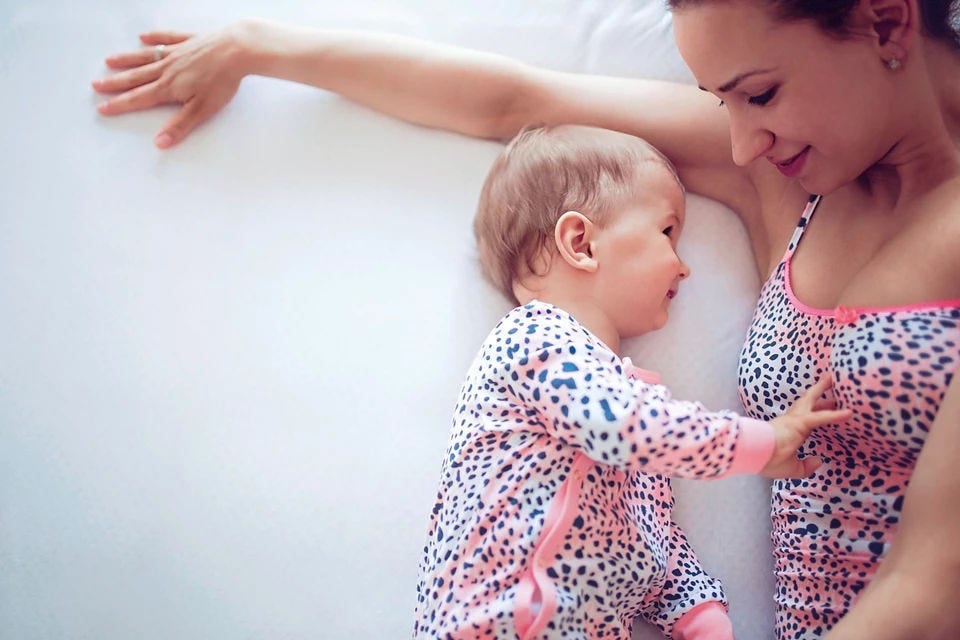First thing’s first; babies go at their own pace. There’s no set formula of crawl, walk, talk. They'll reach those baby development milestones in their own good time.
From sleeping, walking and weaning, to when do babies start teething, when do babies crawl, and when do babies start talking?
Here you’ll find the supportive and non-judgemental guidance you need on a number of baby milestones so that you can follow your instincts and enjoy every minute.

























?ts=1757058705766&dpr=off)


